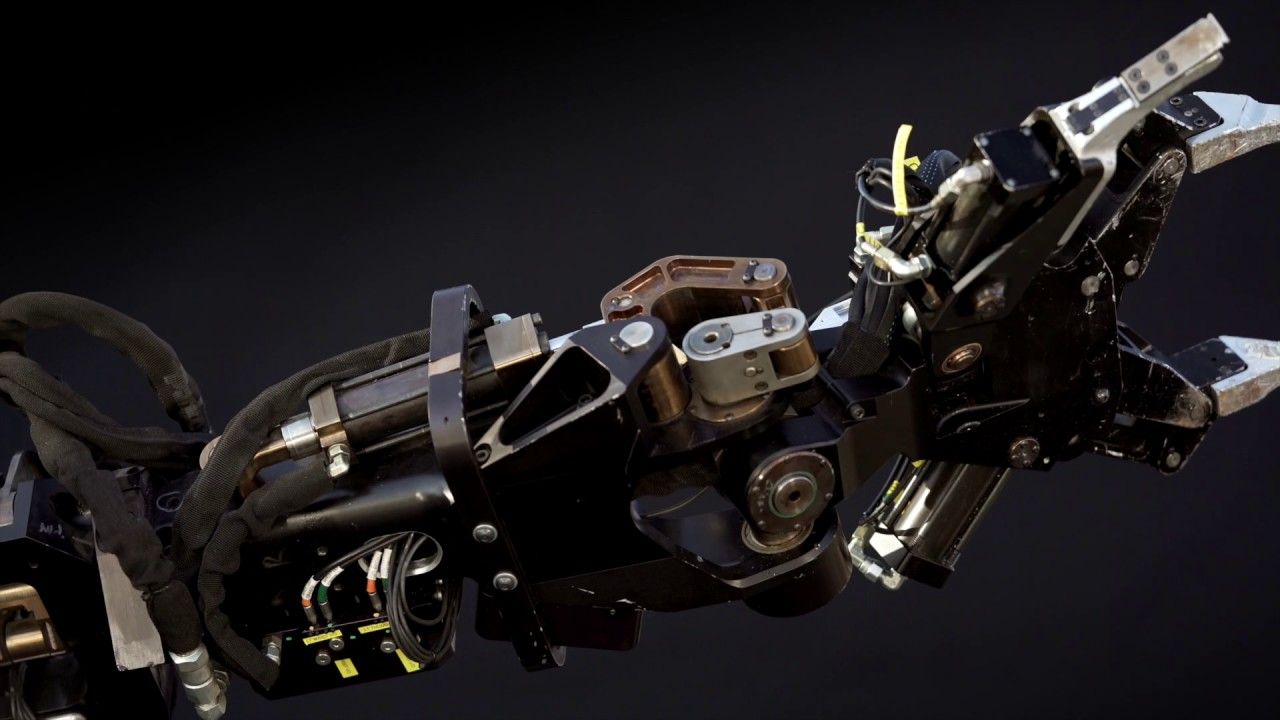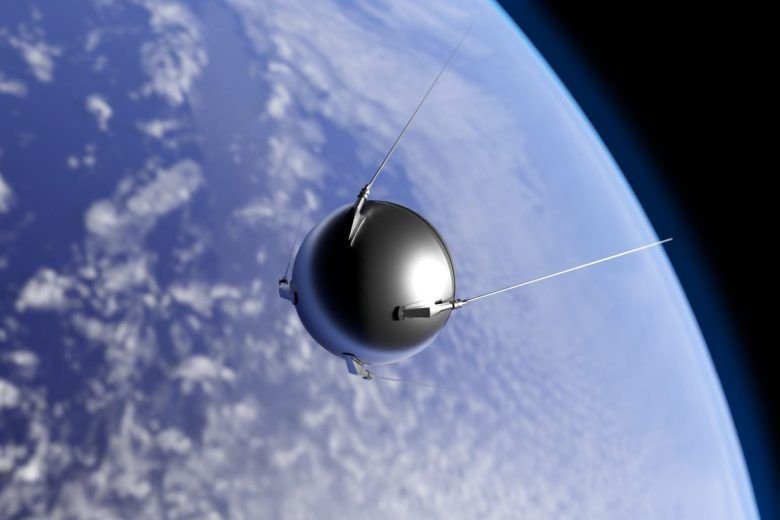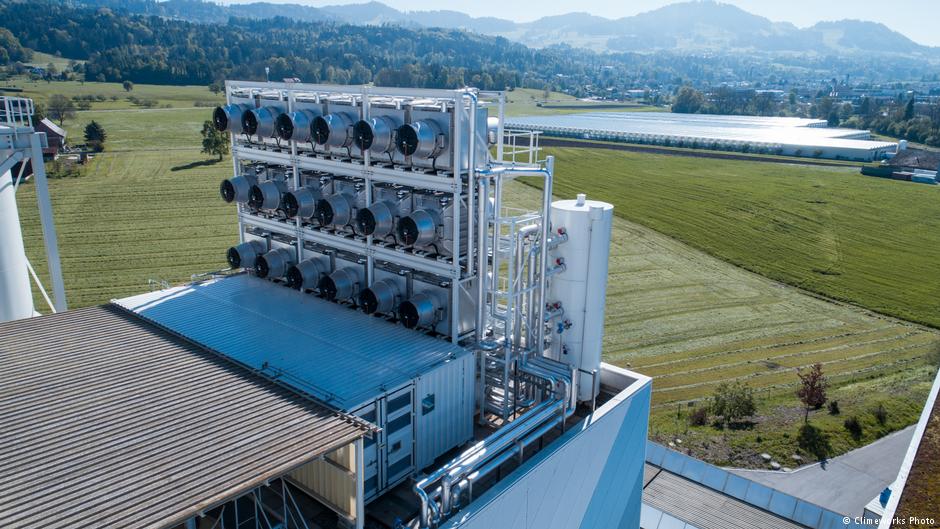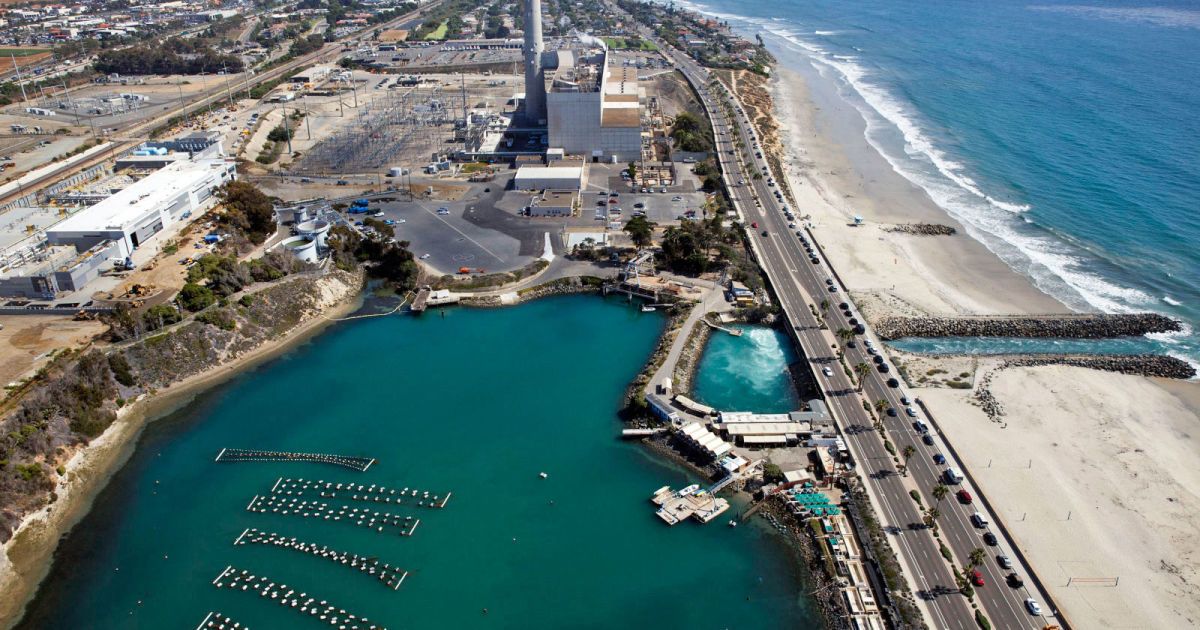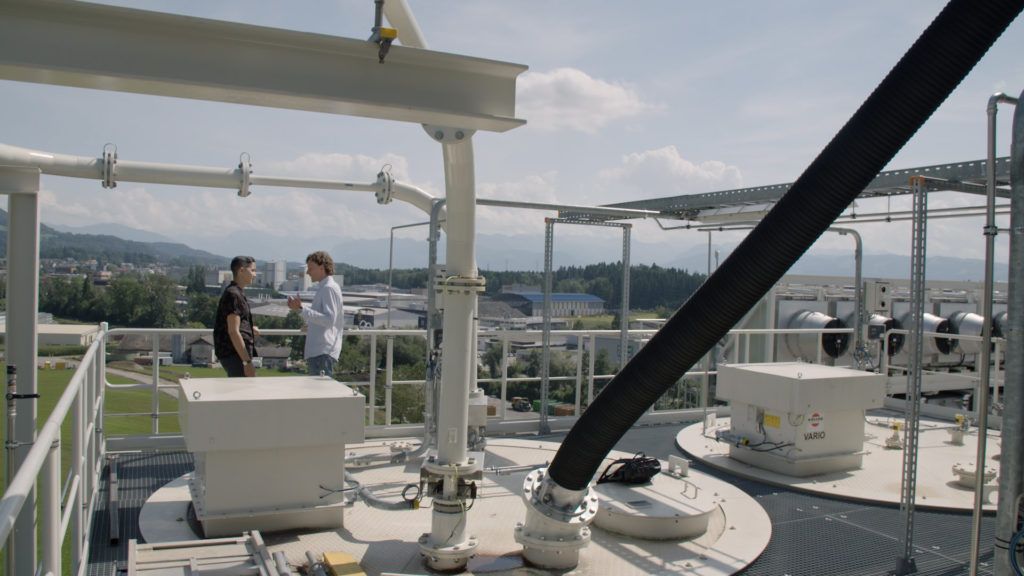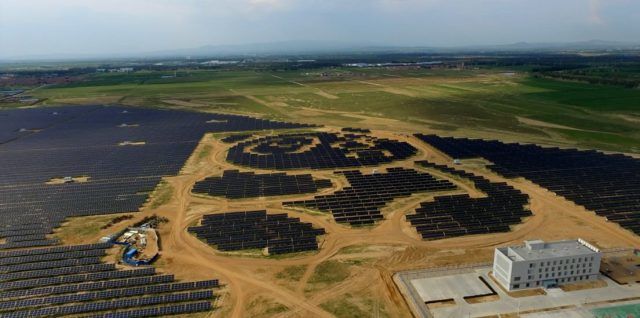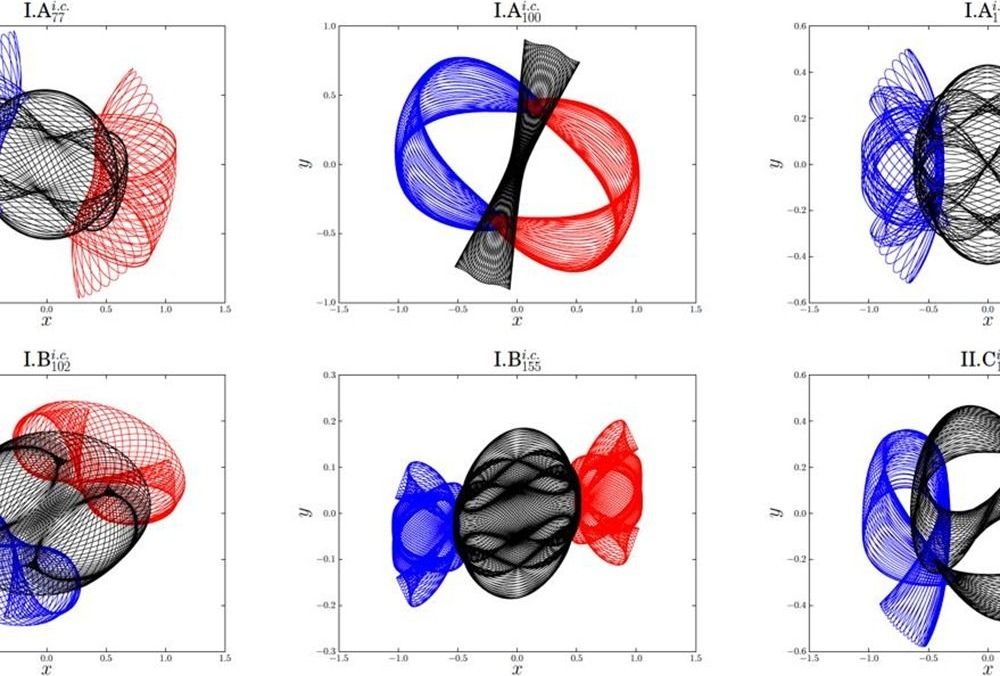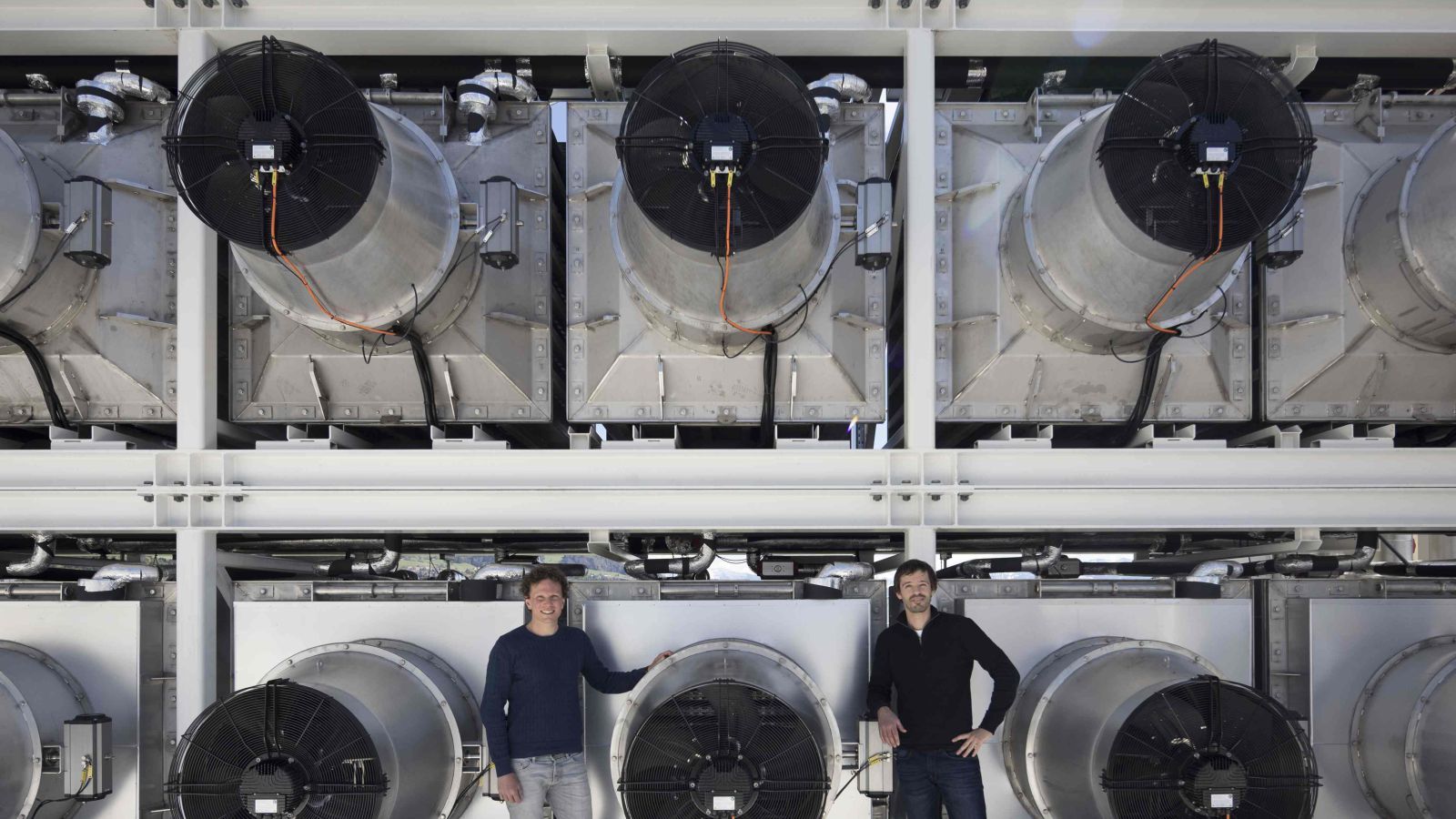Nov 15, 2017
A New Futuristic Robot Lets Your Arms Lift Half a Ton
Posted by Shailesh Prasad in categories: biological, climatology, cyborgs, Elon Musk, robotics/AI, space travel, sustainability
Have you ever lifted half a ton? With the Guardian GT, a set of robotic arms, you could do so with as little as two kilogram (five pounds) of force, allowing you to have superhuman strength.
Elon Musk recently made headlines asserting that, in order for us to both progress and survive as a species, we must merge with machines and become cyborgs. And, as climate change rages onwards and the biological difficulties of completing a human mission to Mars become ever more apparent, many are beginning to agree.
